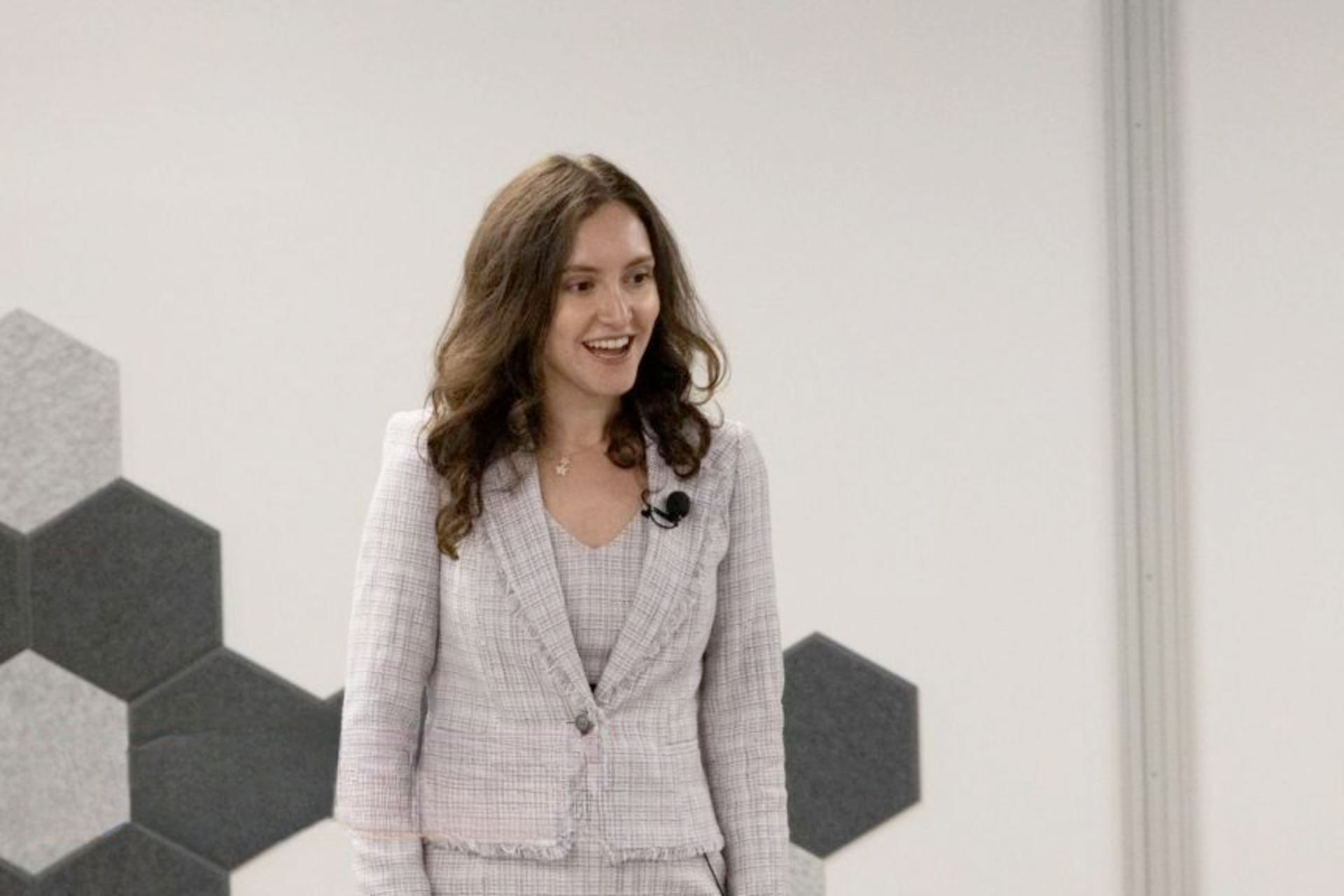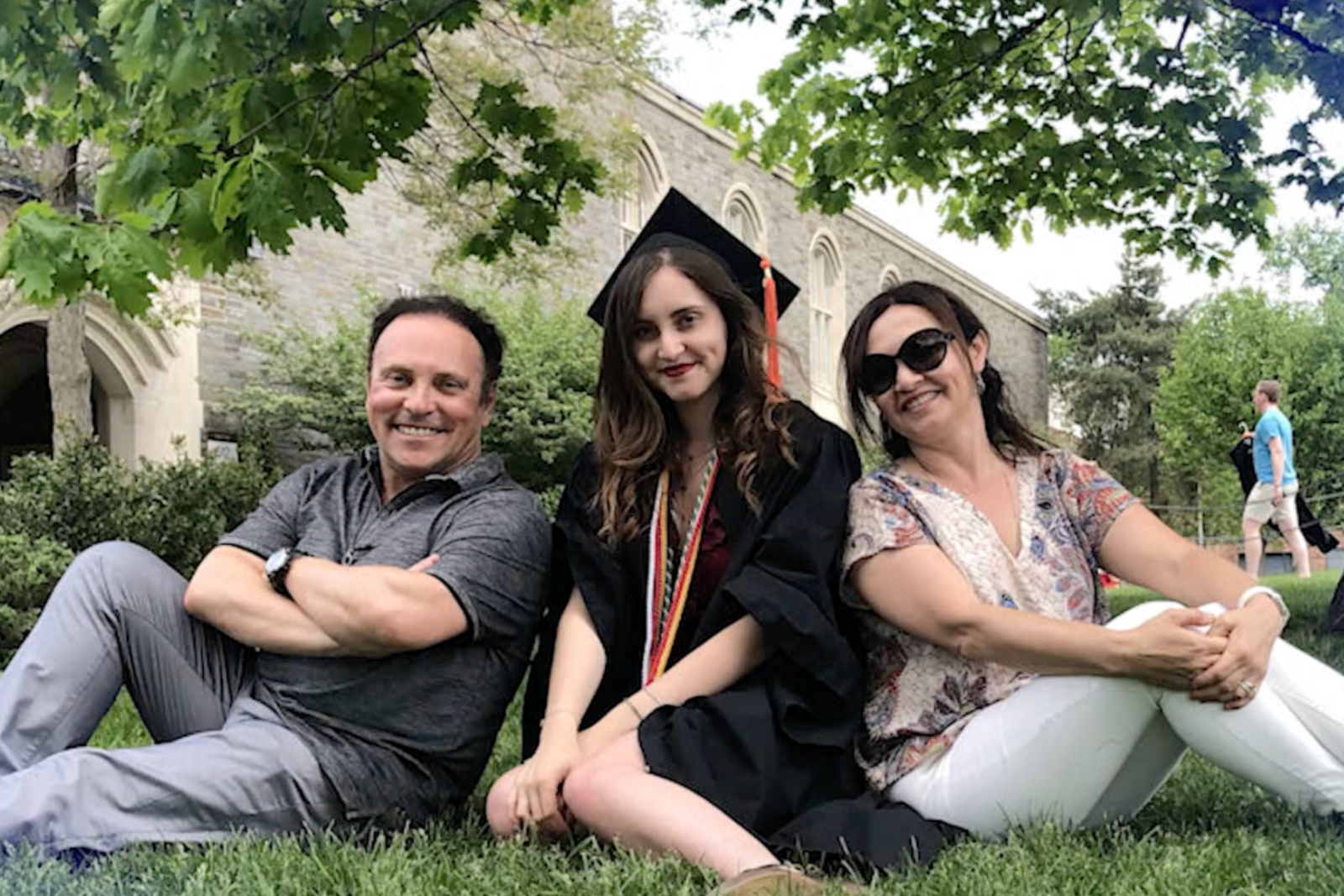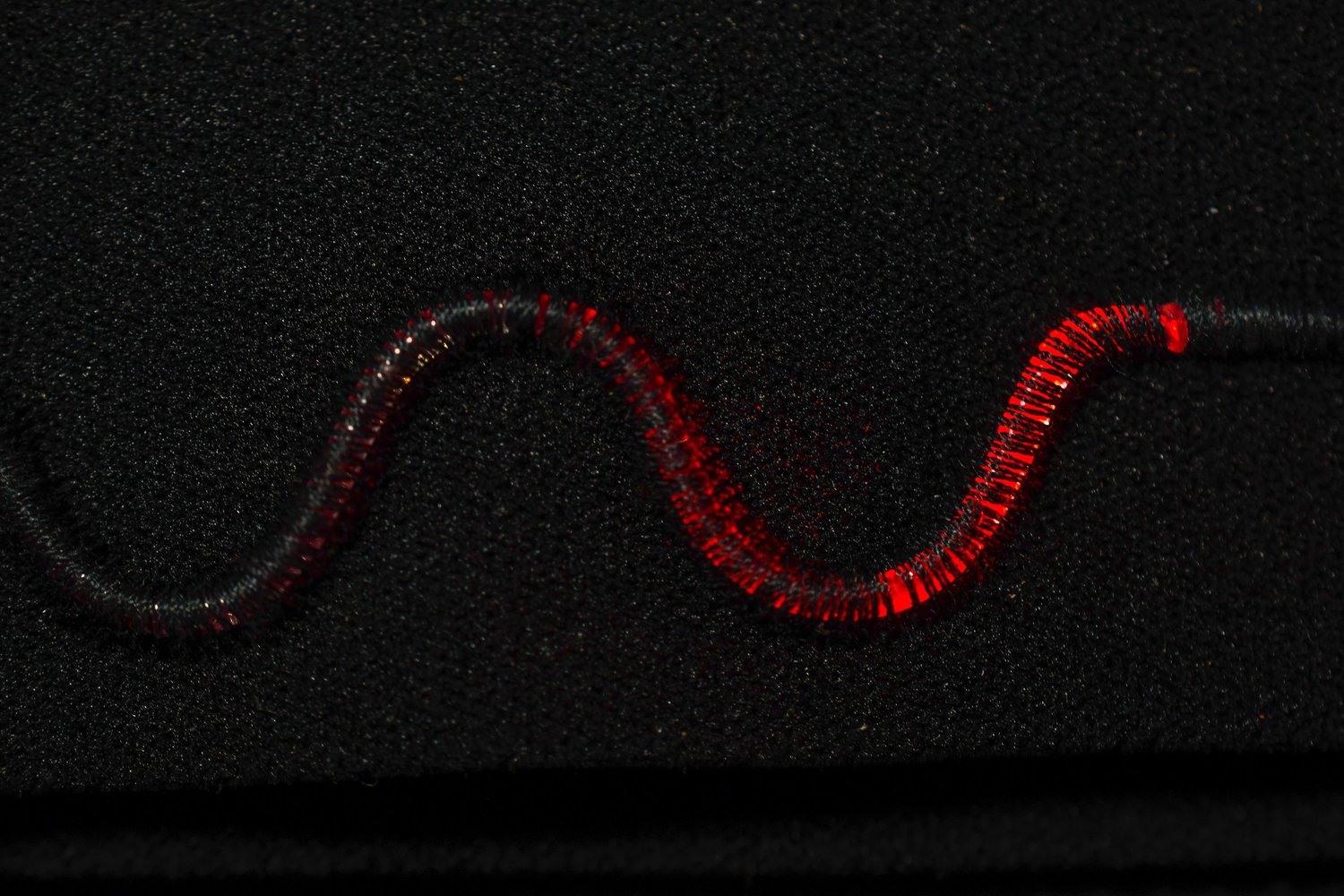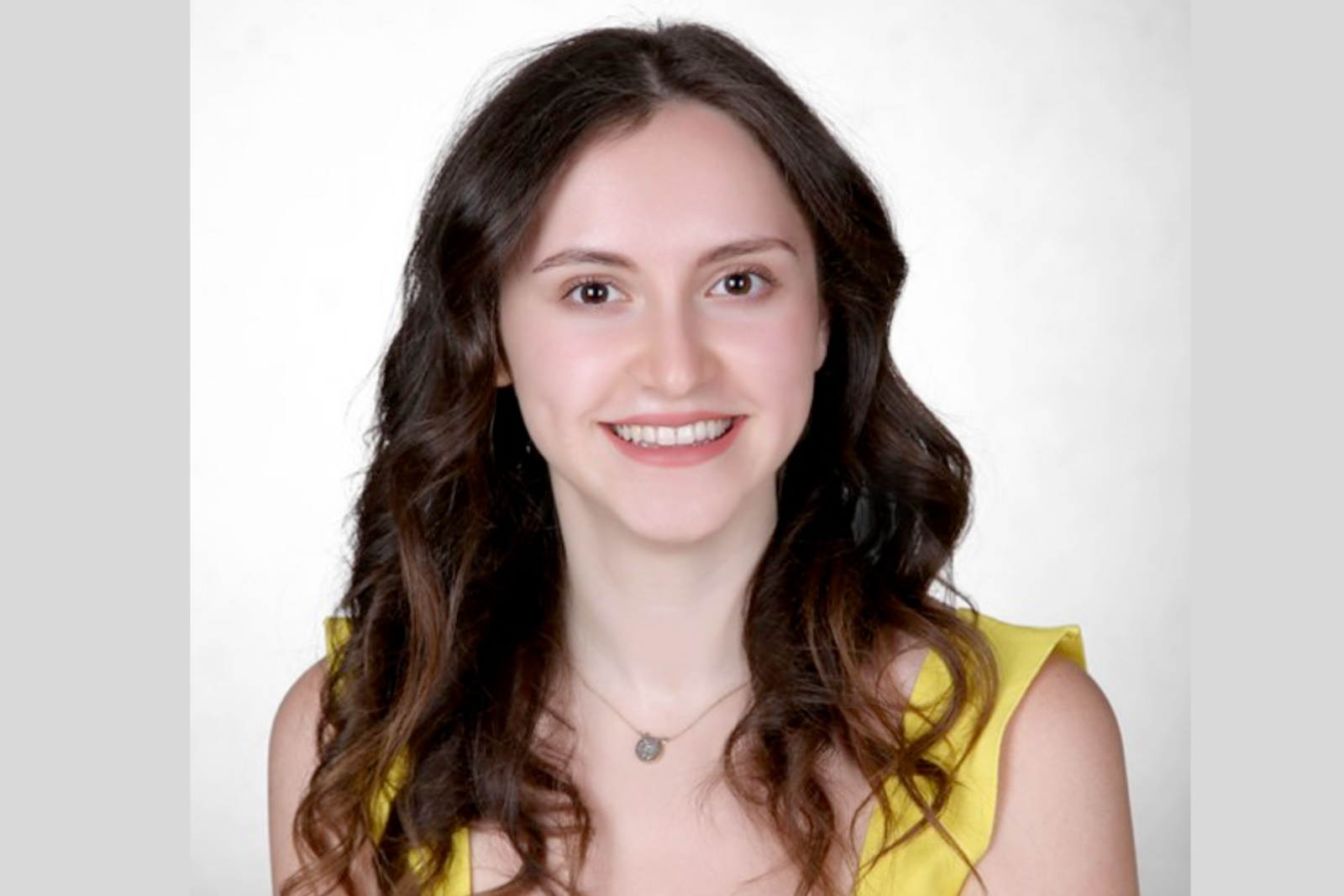
Ilayda Samilgil, a 28-year-old Turkish entrepreneur, has built a successful technology startup in the United States.
She is the co-founder and CEO of Organic Robotics, a company specializing in wearable sensors under its brand Llume.
She has overcome challenges in a male-dominated industry, secured major investments, and earned a place on the 2025 Forbes 30 Under 30 list.

Samilgil gained recognition in 2014 when she won the First Step to the Nobel Prize in Physics competition.
Her project, a system that measures water content in liquids using magnets, had been previously rejected by the Scientific and Technological Research Council of Türkiye (TUBITAK).
She later moved to the United States and started studying at Cornell University. Following that, she was offered a chance to contribute to NASA's Mars project while continuing her studies.
At Cornell, she studied mechanical engineering with a minor in entrepreneurship. While there, she worked on sensor technology, which became the foundation of organic robotics.
In 2019, Samilgil co-founded the company with Professor Robert Shepherd. Initially, their focus was on developing "feeling robots," but they later shifted toward wearable sensor technology, leading to the launch of Llume.

Samilgil described her early entrepreneurial journey as challenging.
Being away from my family and friends in my early 20s was especially tough, and I didn’t have anyone around who had done this before. But looking back, I achieved everything I set out to do.
Ilayda Samilgil explained
Being a young woman in the tech industry came with additional obstacles. "At first, people often mistook me for a student and didn't take me seriously," she said.
Despite this, she persevered and secured funding from major institutions, including the National Science Foundation and the U.S. Army. Organic Robotics has raised over $8 million through grants, seed investments, and innovation funds.

Samilgil's company, Organic Robotics, is transforming wearable sensor technology with its fiber-optic sensors, offering new solutions for athletes and military research.
"Since we are a sensor company, we might return to robotics applications in the future," Samilgil said, referring to Organic Robotics' original goal of enhancing robots' sense of touch. For now, the company remains focused on wearable technology.

Samilgil's role evolved from engineering to managing human resources, finance, and taxation as the company grew. "Making sure everyone is happy and motivated is important. If there is a problem, it is my job to fix it, and that can take a lot of time," she said.
She acknowledged that early financial fluctuations were difficult to handle.
During the lows, I struggled emotionally, wondering why the company wasn't growing or why we weren't getting investments. Now, I know these ups and downs are part of the process. We can overcome them by trying new things.
Ilayda Samilgil said

Leadership and recognition: